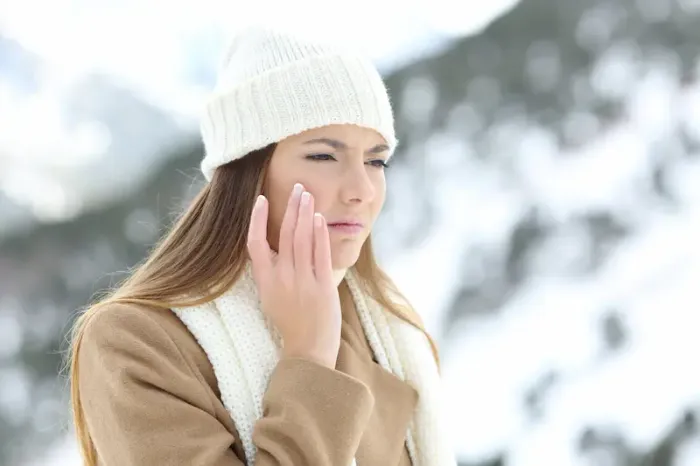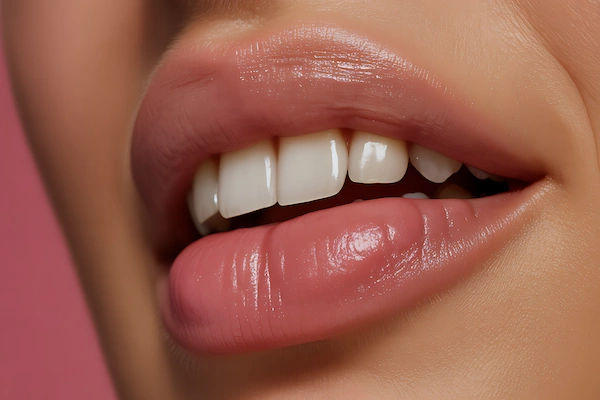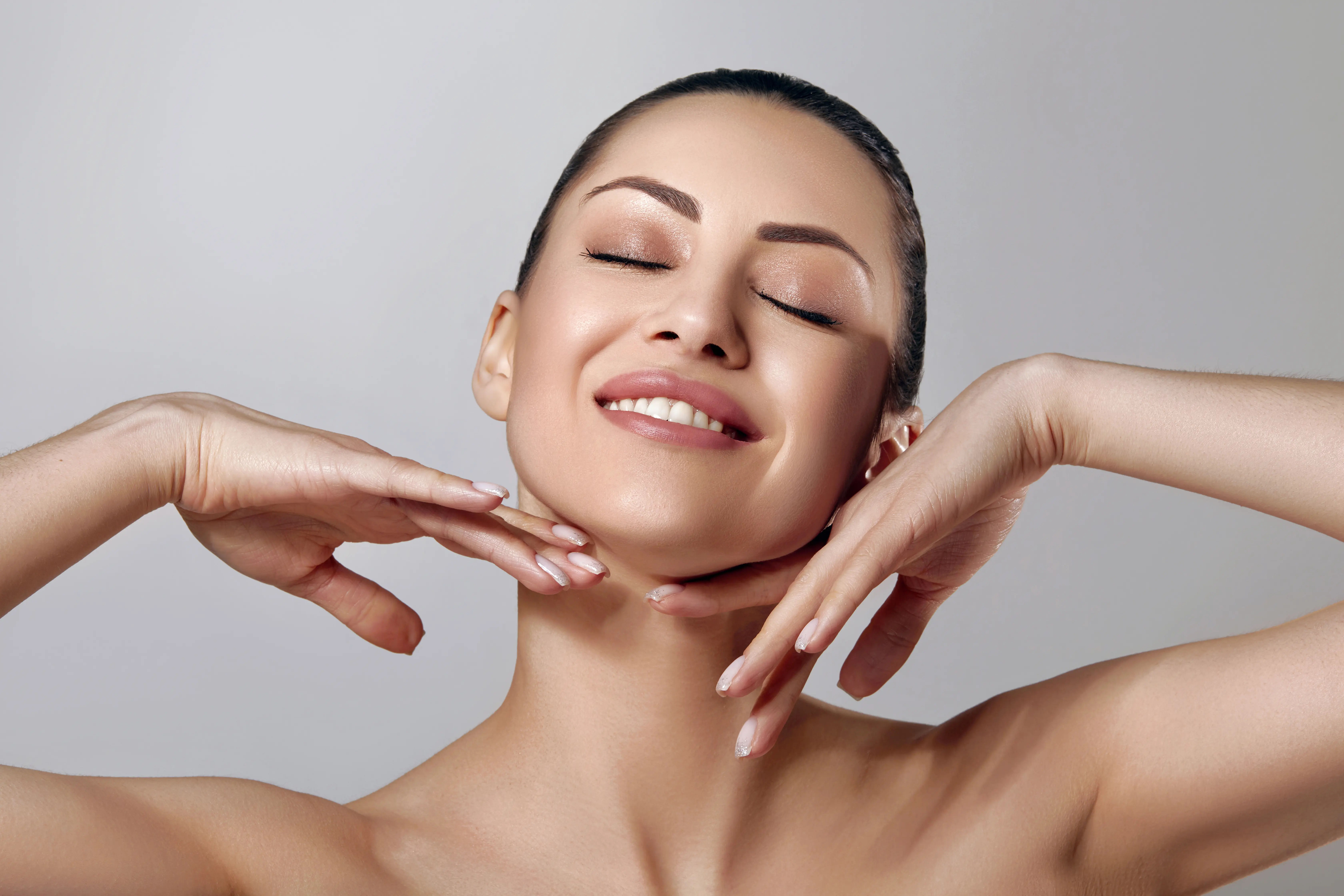Winter Skin; Your Guide to Common Conditions & Prevention
Learn how to protect your skin during winter with expert tips on preventing dryness, eczema, psoriasis, chapped lips, and other common seasonal skin conditions.

Written by Dr. Md Yusuf Shareef
Reviewed by Dr. Rohinipriyanka Pondugula MBBS
Last updated on 13th Jan, 2026

Introduction
As the winter chill sets in and we retreat indoors to the comfort of heating, our skin often becomes the first casualty of the season. That familiar feeling of tightness, the unwelcome appearance of flakiness, and the incessant itch that seems to come from nowhere are all tell-tale signs that winter is here. But why does this happen, and more importantly, what can you do about it? This guide dives deep into the most common skin conditions that flare up during the colder months, explaining the science behind winter's wrath on your epidermis. We'll move beyond simple advice and provide a robust, proactive prevention plan to help you maintain soft, healthy, and comfortable skin all season long. From understanding the difference between simple dryness and a full-blown eczema flare-up to learning how to shield your skin from harsh elements, consider this your ultimate winter skin survival manual.
Why Winter Wreaks Havoc on Your Skin
Winter creates a perfect storm of environmental factors that strip your skin of its natural defences. Understanding these triggers is the first step toward effective prevention.
The Role of Humidity (Or Lack Thereof)
Cold air naturally holds less moisture than warm air. When the relative humidity drops outdoors, it creates an arid environment that actively pulls water from your skin, a process known as transepidermal water loss (TEWL). This is the primary reason your skin feels dry and dehydrated the moment you step outside.
Indoor Heating: A Double-Edged Sword
While central heating and space heaters keep us warm, they dramatically reduce indoor humidity levels, often making the air inside our homes and offices even drier than the air outside. This constant exposure to dry, heated air is a major contributor to chronic winter dry skin, compromising the skin's lipid barrier and making it more susceptible to irritation.
The Impact of Hot Showers and Harsh Winds
It's tempting to take a long, hot shower to warm up, but this habit is disastrous for your skin. Hot water strips away your skin’s natural oils (sebum) far more effectively than warm water, leaving your skin barrier vulnerable. Combine this with the abrasive, drying effect of harsh winter winds, and you have a recipe for redness, cracking, and significant moisture loss.
Top 5 Common Winter Skin Conditions
The dry environment of winter doesn't just cause simple dryness; it can trigger or exacerbate several specific common skin conditions.
1. Winter Xerosis (Severe Dry Skin)
This is the most widespread winter woe. Xerosis is the medical term for abnormally dry skin. Symptoms include rough, scaly patches, tightness, itching, and sometimes fine cracks or redness. It occurs when the skin is unable to retain sufficient moisture.
2. Eczema (Atopic Dermatitis) Flare-Ups
For those with eczema, winter can be a nightmare. The dry air weakens the skin's protective barrier, making it easier for irritants to penetrate and trigger inflammation. This leads to intensified symptoms: intense itching, red or brownish-grey patches, and small, raised bumps that may leak fluid when scratched.
3. Psoriasis
This autoimmune condition causes skin cells to multiply too rapidly, leading to a buildup of thick, scaly plaques. Cold, dry weather and lack of sunlight (a natural source of UV therapy) can cause psoriasis plaques to worsen, becoming thicker, more scaly, and more painful.Consult a Dermatologist for the best advice
4. Cold Urticaria (Hives)
This is a physical allergy to cold. Exposure to cold air, water, or objects can trigger a histamine release, leading to red, itchy hives (welts) and swelling on the exposed skin. In severe cases, it can cause a whole-body reaction.
5. Chapped Lips and Cheilitis
Lips have very thin skin and no oil glands, making them exceptionally vulnerable. Chapped lips can progress to cheilitis—inflammation characterised by painful cracking, bleeding, and scaling at the corners of the mouth.
6. Pernio (Chilblains)
Pernio is an inflammatory condition that occurs when exposed to cold and damp conditions, but not freezing temperatures. It causes small, itchy, red, or purple swellings on the skin, often on the fingers, toes, ears, or nose, which can become blistered or ulcerated.
Your Proactive Winter Skin Prevention Plan
An ounce of prevention is worth a pound of cure, especially when it comes to how to prevent dry skin in winter. Adopt these habits as soon as the temperature drops.
Hydration: Inside and Out
• Drink Water: Hydrate from the inside. Aim for 8-10 glasses of water daily.
• Humidify: Use a cool-mist humidifier in your bedroom and main living areas. Aim to keep indoor humidity between 30-50%.
• Moisturise Strategically: Apply a fragrance-free moisturiser immediately after bathing (within 3 minutes) to lock in moisture.
Choosing the Right Moisturiser: Creams vs. Lotions
Opt for thick, oil-based creams or ointments (look for petroleum jelly, shea butter, or hyaluronic acid) over water-based lotions. Creams contain a higher ratio of oil to water, creating a better protective barrier. Lotions are mostly water and can evaporate, sometimes worsening dryness.
Bathing and Cleansing Rituals
• Short and Lukewarm: Limit showers to 5-10 minutes and use lukewarm water.
• Gentle Cleansers: Use a gentle, fragrance-free, soap-free cleanser. Avoid deodorant soaps and products with alcohol.
• Pat Dry: Gently pat your skin dry with a towel instead of rubbing.
Sun Protection: Yes, Even in Winter!
Snow reflects up to 80% of the sun's UV rays, intensifying exposure. UV rays can also penetrate clouds. Apply a broad-spectrum sunscreen with at least SPF 30 to all exposed areas, especially your face and hands, before going outside.
Smart Wardrobe Choices
Protect your skin from the elements. Wear gloves, scarves, and hats made from soft, non-irritating materials like cotton or bamboo. If you are sensitive to wool, wear a thin cotton liner underneath to prevent direct contact with your skin.
When to Seek Professional Help
While most winter skin issues can be managed with diligent care, some signs indicate a need for professional intervention. If your condition does not improve after trying these methods for two weeks, or if you experience severe cracking, bleeding, widespread redness, signs of infection (yellow crust, pus, fever), or intense pain, book a physical visit to a doctor with Apollo24|7. A dermatologist can provide prescription-strength creams, accurate diagnosis for conditions like psoriasis or cold urticaria, and personalised treatment plans.
Conclusion
Winter doesn't have to mean surrendering to dry, itchy, and irritated skin. By understanding the environmental triggers—from low humidity to blistering winds—and recognising the common skin conditions they cause, you can move from reactive treatment to proactive prevention. Embracing a winter-specific skincare ritual centred on barrier protection, gentle cleansing, and consistent hydration is your strongest defence. Remember, your skin is a resilient organ, but it needs a little extra help during the harsh winter months. Listen to it. If your efforts aren't enough, don't hesitate to seek expert advice. With the right knowledge and care, you can keep your skin healthy, comfortable, and glowing all winter long.Consult a Dermatologist for the best advice
Consult a Dermatologist for the best advice

Dr. Bhavya Swarnkar
Dermatologist
14 Years • MBBS, MD, DNB (Dermatology, Venereology & Leprosy) Former Senior Resident, Department of Dermatology- AIIMS, New Delhi. Associate Consultant - Dermatology.
Bilaspur
Apollo Hospitals Seepat Road, Bilaspur
(275+ Patients)

Dr. S Madhuri
Dermatologist
10 Years • MBBS, MD. DVL, DNB, Fellow (Dermatosurgery & Lasers)
Secunderabad
Apollo Hospitals Secunderabad, Secunderabad
(450+ Patients)
Dr.j Girishma
Dermatologist
6 Years • MBBS MD DERMATOLOGY
Bengaluru
Apollo Medical Center, Marathahalli, Bengaluru

Dr. K S Ram
Dermatologist
25 Years • MBBS, DPH, MD (Venerology)
Hyderabad
ELEGANCE SKIN & HAIR LASER CLINICS, Hyderabad

Dr. Kaushiki Hajra
Dermatologist
5 Years • MBBS,MD(D V & L)
Kolkata
VDC Clinic, Kolkata
(75+ Patients)
Consult a Dermatologist for the best advice

Dr. Bhavya Swarnkar
Dermatologist
14 Years • MBBS, MD, DNB (Dermatology, Venereology & Leprosy) Former Senior Resident, Department of Dermatology- AIIMS, New Delhi. Associate Consultant - Dermatology.
Bilaspur
Apollo Hospitals Seepat Road, Bilaspur
(275+ Patients)

Dr. S Madhuri
Dermatologist
10 Years • MBBS, MD. DVL, DNB, Fellow (Dermatosurgery & Lasers)
Secunderabad
Apollo Hospitals Secunderabad, Secunderabad
(450+ Patients)
Dr.j Girishma
Dermatologist
6 Years • MBBS MD DERMATOLOGY
Bengaluru
Apollo Medical Center, Marathahalli, Bengaluru

Dr. K S Ram
Dermatologist
25 Years • MBBS, DPH, MD (Venerology)
Hyderabad
ELEGANCE SKIN & HAIR LASER CLINICS, Hyderabad

Dr. Kaushiki Hajra
Dermatologist
5 Years • MBBS,MD(D V & L)
Kolkata
VDC Clinic, Kolkata
(75+ Patients)
More articles from Skin Care
Frequently Asked Questions
1. What's the difference between dry skin and eczema?
General winter dry skin (xerosis) is primarily caused by external factors and usually resolves with consistent moisturising. Eczema (atopic dermatitis) is a chronic, inflammatory condition where the skin barrier is genetically compromised. Dryness triggers eczema, but it also involves intense itching, redness, and a specific rash pattern that often requires medical treatment.
2. Why do my hands get so dry and cracked in winter, even when I moisturise?
Hands are constantly exposed to the elements and frequently washed, which strips their natural oils. If you're using harsh soaps or alcohol-based sanitisers, this worsens the problem. The key is to apply a rich hand cream after every wash and wear gloves outside and for chores.
3. Are there any specific ingredients I should look for in a winter moisturiser?
Absolutely. Look for ceramides to repair the skin barrier, hyaluronic acid to attract moisture, and occlusives like petroleum jelly or dimethicone to seal it in. Lanolin is also a highly effective emollient for extremely dry areas like lips, heels, and elbows.
4. Can diet affect my winter skin?
Yes. Foods rich in omega-3 fatty acids (like salmon, walnuts, and flaxseeds) help support the skin's lipid barrier. Staying hydrated by drinking water and eating water-rich fruits and vegetables is also crucial for maintaining skin hydration from the inside out.
5. Is it bad to exfoliate dry, flaky skin in winter?
It depends. Gentle exfoliation can help remove dead skin cells so moisturisers can penetrate better. However, avoid harsh physical scrubs that can cause micro-tears. Instead, opt for a mild chemical exfoliant with lactic acid or a soft washcloth, and limit it to once a week.




